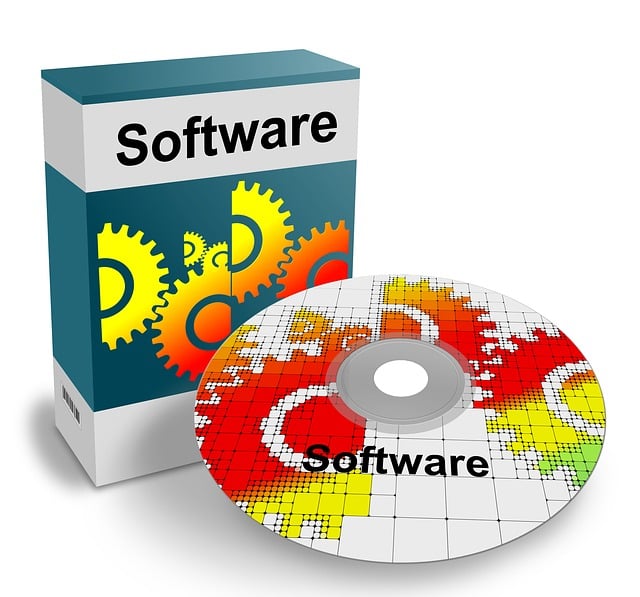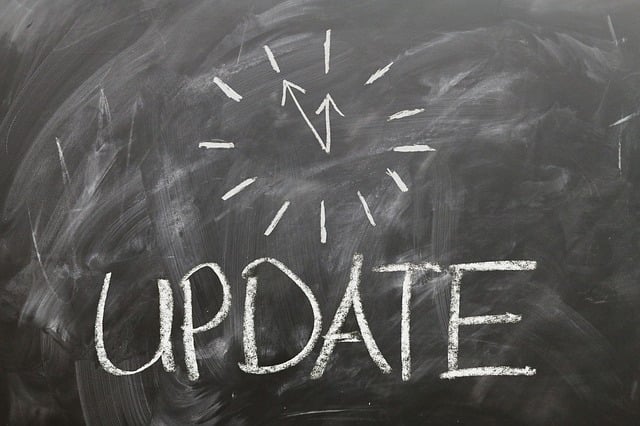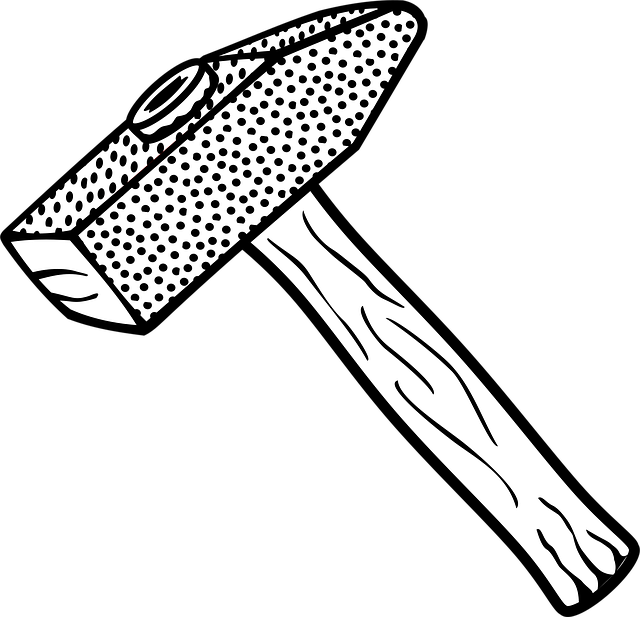Early leak detection through regular moisture, rust, and noise checks prevents water damage, mold growth, and high utility bills. Repiping solutions, like relining and PEX pipes, offer cost-effective maintenance for old or damaged plumbing systems. Proactive inspections extend plumbing lifespan, delay expensive repiping, and enhance home protection and value.
Regularly checking your plumbing for leaks and corrosion is crucial for maintaining a well-kept home. This essential practice not only prevents substantial damage but also saves you from costly repairs. In this article, we’ll guide you through identifying leaks early, understanding corrosion, and the vital role of regular maintenance. Learn effective leak detection methods and explore cost-effective repiping solutions that protect your home in the long term.
- Identify Leaks Early to Prevent Damage
- Corrosion: Signs and Causes You Shouldn't Ignore
- Regular Maintenance: The Key to Avoiding Repiping
- Effective Methods for Leak Detection
- Cost-Effective Repiping Solutions
- Protecting Your Home: Long-Term Benefits of Regular Checks
Identify Leaks Early to Prevent Damage

Identifying leaks early is a crucial step in preventing significant damage to your plumbing system. Regular checks can help catch potential issues before they turn into costly repairs or even cause structural harm to your home. Start by inspecting visible areas like pipes, fittings, and appliances for any signs of moisture, rust, or strange noises—these could be initial indicators of a leak.
Implementing repiping solutions or routine maintenance can significantly enhance the longevity of your plumbing. By addressing leaks promptly, you reduce the risk of water damage, mold growth, and higher utility bills. Early detection also allows for more manageable repairs, preventing complex and expensive replacements down the line.
Corrosion: Signs and Causes You Shouldn't Ignore

Corrosion is a silent but potent enemy that can compromise the integrity of your plumbing system, leading to significant issues over time. It’s characterized by the chemical reaction between metals and substances like moisture, oxygen, or chemicals in the water supply, resulting in the weakening and eventual failure of pipes. While some corrosion may be evident—such as rust spots or discolored water—much of it occurs hidden within walls and under floors, making regular checks crucial for maintaining a healthy plumbing system.
Signs of corrosion include loud banging or rattling noises coming from pipes, low water pressure, unusual smells, or the presence of rust-colored water. Causes are diverse, ranging from poor quality pipes or fittings to high moisture levels, incorrect ventilation, and chemical interactions in the water supply. Over time, these factors can accelerate corrosion, necessitating repiping solutions. Regular inspection allows for early detection, enabling prompt action to prevent small issues from becoming costly repairs.
Regular Maintenance: The Key to Avoiding Repiping

Regular maintenance is an effective way to prevent costly and time-consuming repiping solutions. By scheduling routine inspections, homeowners can identify potential leaks or signs of corrosion early on. This proactive approach allows for quick repairs, minimizing damage to pipes and surrounding structures.
Through regular maintenance, minor issues can be addressed before they escalate. It involves checking for any visible signs of wear and tear, inspecting joints and fittings for tightness, and monitoring water pressure. Taking these steps ensures that the plumbing system remains efficient and reliable, ultimately saving money in the long run by avoiding more extensive repairs or full repiping.
Effective Methods for Leak Detection

Regular leak detection is a proactive approach to maintaining a healthy plumbing system, and it’s an essential step before considering repiping solutions. One of the most common methods for identifying leaks is listening for unusual sounds coming from pipes, such as dripping or banging noises. These sounds can indicate worn-out fixtures, loose connections, or damaged pipes that require immediate attention.
Advanced technologies also play a significant role in modern leak detection. Water leak detectors and moisture meters are sophisticated tools that can pinpoint exact locations of leaks hidden behind walls or under floors. These devices send signals to a control panel, alerting homeowners or professionals to potential issues before they escalate. By employing these effective methods, homeowners can prevent extensive water damage and costly repairs, ultimately saving on repiping solutions in the long run.
Cost-Effective Repiping Solutions

Regular repiping can be a cost-effective solution for homes with old or damaged plumbing. Traditional repiping involves completely replacing all the pipes in a house, which can be a significant expense. However, modern repiping solutions offer more affordable alternatives. One such method is relining, where a new pipe is inserted inside the existing one, reinforcing and sealing it without the need for extensive excavation. This technique not only saves on labor costs but also minimizes damage to homes during the repair process.
Another cost-effective repiping solution is using PEX (Cross-Linked Polyethylene) pipes. PEX is a flexible, durable material that can be easily installed, reducing the time and resources needed for repairs. Its resistance to corrosion and freezing makes it a popular choice for both residential and commercial properties, further contributing to its affordability in the long run. These innovative repiping solutions provide homeowners with efficient, reliable, and economical options for maintaining their plumbing systems.
Protecting Your Home: Long-Term Benefits of Regular Checks

Regular checks for leaks and corrosion are essential steps in protecting your home and its value over the long term. By identifying and addressing issues early, homeowners can avoid costly repairs and replacement costs associated with damaged pipes, walls, and foundations caused by water intrusion or rust buildup. These preventive measures not only save money but also extend the lifespan of your plumbing system, delaying the need for complete repiping solutions.
Moreover, regular inspections can help detect potential problems before they escalate, ensuring that minor issues don’t become major, costly disasters. Proactive maintenance demonstrates a commitment to keeping your home in top condition and can even influence insurance providers, who often consider such measures as positive signs of responsible homeownership.
